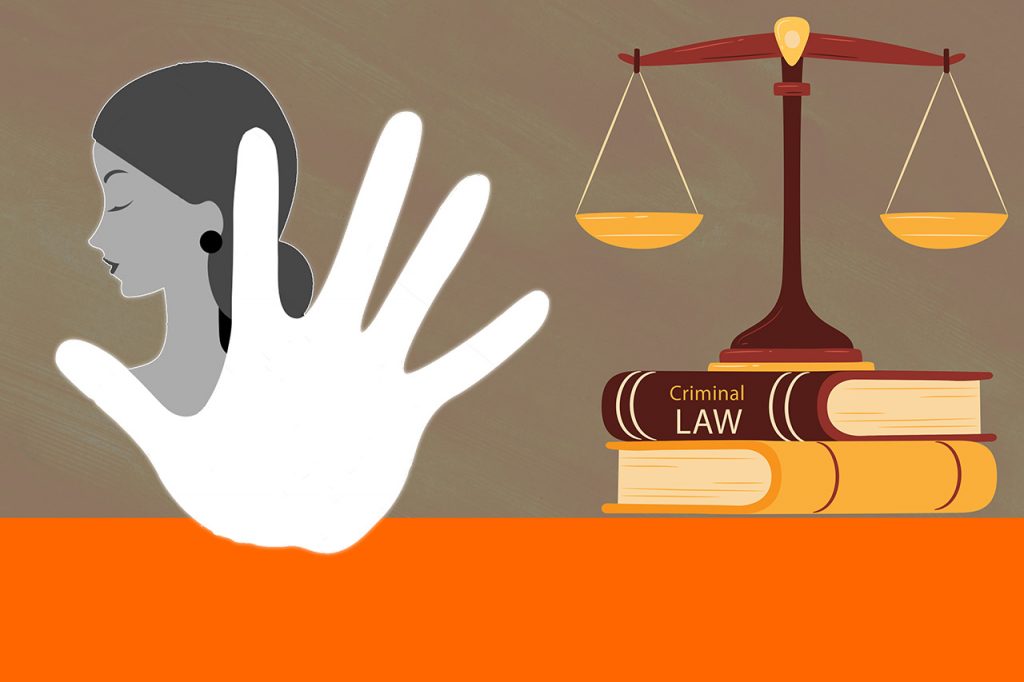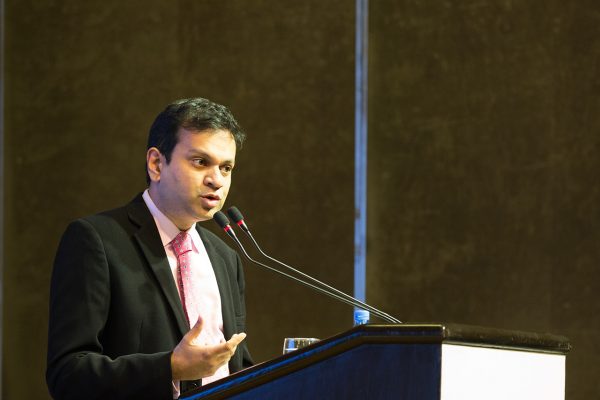Will we see the end of sexual harassment?
Reading Time: 3 minutes
Bangladesh has achieved tremendous success in women’s empowerment in the last decade. But the prevalence of sexual harassment in public places is still high.
Sexual harassment has an inseparable link with women’s disadvantaged status and subordinate position in any society. In mid-1970s, sexual harassment received socio-legal recognition, through the advocacy of feminit activists. It has been recognised, since then, as a form of discrimination which is akin to criminal conduct.
Although sexual harassment persists as a serious problem for many countries, violence against women and girls remains under-reported and the number of cases placed for public hearing is relatively low.
Bangladesh has achieved tremendous success in women’s empowerment in the last decade. The prevalence of sexual harassment in public places, however, is still high.
Directives issued by the High Court in this reagrd are the sole legal documents to bring sexual harassment issues under the legal jurisdiction, save for the Women and Children Repression Act.
Unpacking power
Transforming traditional beliefs, gender norms and practices are central in eradicating sexual harassment against women and girls. Any preventive measure or programme should be targeted at changing the gender norms and power relations between men and women.
Sexual harassment has an inseparable relationship with masculinity and power. Rather than being a given character, masculinity is learned through various cultural and historical periods. So, the power relationship shared between women and men varies from cultures, societies and countries. Normalised masculine behaviour teaches boys to express and defend masculinity through domination. This results in a continuum of violence against women. Here, power can be seen as ‘gendered,’ but a society’s ideological beliefs are also linked with national policies and legal discourse.
For example, women in Bangladesh have limited access to the judicial process and legislative reforms, due to a lack of female judges and legal experts. Lack of gender sensitivity among male legal practitioners is also a big challenge.
Personal laws in Bangladesh remain fairly discriminatory. Owing to that, other national policies and laws have limitations in protecting equal rights. While crimes of sexual harassment are merely considered as an act done by one individual against another, complex and lengthy process of enforcement mechanism makes many survivors reluctant to seek justice against crimes in public places.

Changing attitudes
Violence against women and girls are easy to render invisible, because the behaviour that causes it is often perceived as normal.
Two factors are primarily behind this. Firstly, our policies and legal acts address only the most extreme forms of incidents, such as when a woman is raped or murdered afterwards.
Secondly, there is a profound lack of knowledge about what constitutes as sexual harassment, and its extents and impacts.
A multi-pronged approach should be implemented to prevent sexual harassment:
- Primary – stop sexual assault before it happens
- Secondary – an immediate response after violence has occurred to limit its extent and consequences
- Tertiary – long-term care and support for survivors
This issue will not change overnight. Primary prevention means attitudes and challenging stereotypes. It means helping the entities who seek to end sexual violence against women and girls. The responsibility of creating awareness falls not just on the state, but on all of us.
The mobilisation to end sexual harassment has gained traction in many ways throughout the world. It is however still a far cry in developing countries like Bangladesh. Structural changes and collective action is required.
Issues related to sexual harassment do not receive the attention they deserve to bring changes to laws. The High Court directives are a step in the right direction in closing the gaps which exist between the state’s commitments and international treaties, as well as national provisions to reflect those commitments in legal reforms.
In spite of the critical points discussed, the High Court directives at different junctures obligate the state to enact a comprehensive law that will bring sexual harassment as a crime and protect the rights of women and girls to be free from all sorts of violence against them. We remain optimistic to seeing these directives being followed and implemented, to bring due justice to everyone who has been subjected to sexual harassment.
Hasne Ara Begum is a gender specialist, BRAC Gender, Justice and Diversity Programme.





